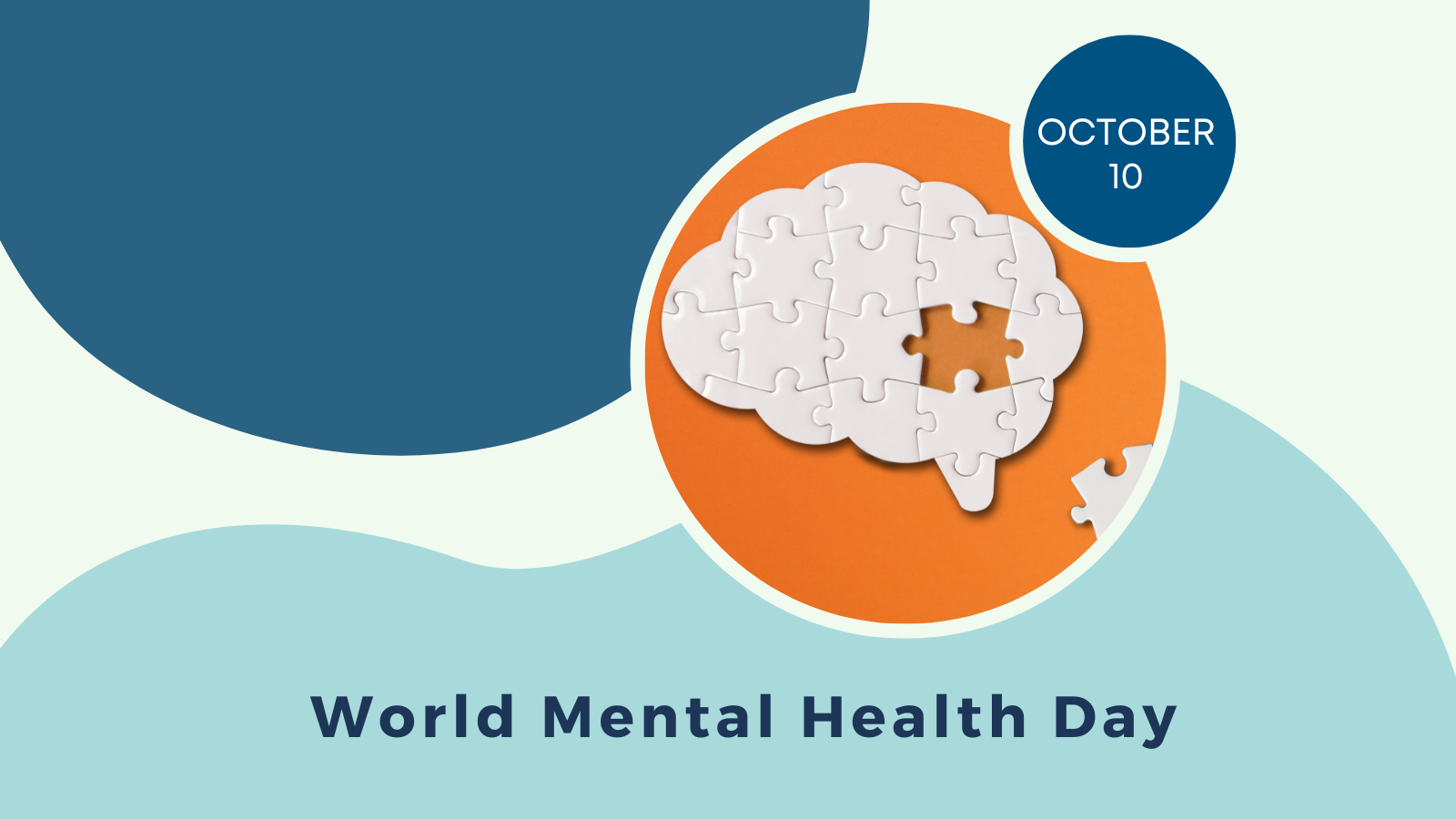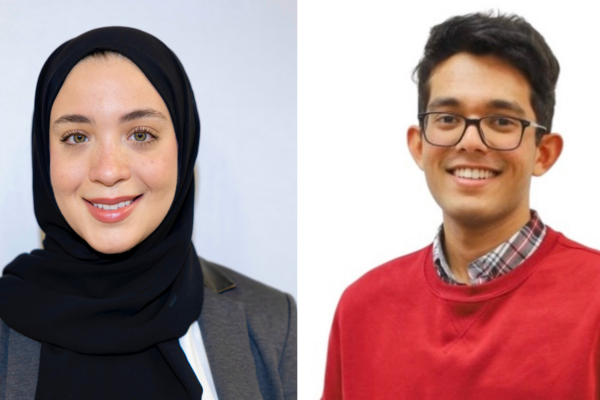IMS Students Discuss Research in Recognition of World Mental Health Day

In recognition of World Mental Health Day on October 10, 2022 three IMS students discuss the important research they are doing to help ensure mental health and well-being become a global priority for all.

Kowsar Teymouri, MSc Student
Research area: Schizophrenia and the immune system
PI: Dr. James Kennedy
Describe your mental health related research:
Schizophrenia is a complex disease that is not well understood and a significant number of patients are resistant to treatment. Findings show that immune disturbances are common in schizophrenia; this overlap has made me interested in looking at the genetic association between the immune system and schizophrenia. Specifically, I am investigating the genetic association of Complement Component C4 - an important component of our immune system that is responsible for removing pathogens and cellular debris - with treatment resistant schizophrenia. Understanding the genetic architecture of schizophrenia and the underlying mechanism of its etiology, could help with drug discovery and achieving better treatment options.
How did you become interested in studying schizophrenia?
An important person in my life who is very dear to me has schizophrenia, and I have witnessed the challenges she and her family have experienced. Schizophrenia is a serious mental illness with limited treatment options that occurs in 1% of the population. Working towards a brighter future for treatment of this debilitating illness not only has personal meaning for me, but also feels like a social responsibility.
What excites you most about your research?
Learning how genetics create diversity in the world and function as the blueprint for how humans look, and for what illnesses they could be predisposed to is fascinating! Recent advances in genetic research have provided us with a tremendous amount of information and figuring out how these findings could be applied to treatment is incredibly motivating.
What impact will your research have?
My research will help provide a better understanding of certain immune related genes and their role in schizophrenia. Our findings could help with drug discovery and the manipulation of the C4 gene/expression for the treatment of schizophrenia. Understanding a patient's genetic pre-disposition to developing schizophrenia could also assist with developing preventative measures or making decisions regarding treatment options.

Julia Tomasi, PhD Candidate
Research area: Genetic mechanisms of anxiety disorders
PI: Dr. James Kennedy
Describe your mental health related research:
The objective of my research is to achieve a greater understanding of the genetic mechanisms that lead to anxiety disorders. My current project aims to determine whether genes related to physiological measures, such as heart rate variability, increase the risk for anxiety disorders. I am also investigating the potential of anxiety-inducing virtual reality environments to allow for more accurate physiological measures while in an anxious state.
Why is this research important?
Anxiety disorders are understudied despite being the most common class of mental disorder. While there are treatments available, many individuals struggle to find one that works for them, and it may take a long time for symptoms to improve. Genetic research has the potential to identify risk factors for these disorders so we can implement preventative measures and predict treatment outcomes.
It is also important to focus on physiological factors related to anxiety, such as heart rate variability, as this objective measure is less subject to bias unlike self-reported questionnaires that we typically see in psychiatry. This research can help identify new biological targets to create medications that are more directly tailored to anxiety symptoms, but without the problematic side effects that we see with current treatments.
What impact will your research have?
By integrating genetics and physiology in mental health research, we can reduce "trial-and-error" treatment regimens, and head towards a precision medicine approach that will lead to patient improvement in a faster and cost-saving manner. Ultimately, the goal of my research is to establish new genetic targets that can be used to develop safer and more effective treatments for anxiety disorders.

Madeha Umer, MSc student
Research area: Development of a culturally adapted intervention model for bipolar disorder
PI: Dr. Benoit Mulsant
Describe your mental health related research:
My research aims to synthesize existing evidence of caregiver experiences in bipolar disorder (BD) and work with stakeholders, including physicians, care-givers, and patients to gain insight into context, challenges, and strategies. Using synthesized knowledge from reviews and qualitative research, I will develop a culturally adapted family intervention for bipolar disorder.
What impact will your research have?
Literature reports considerable burden on family members and caregivers of patients with severe mental illness, including impaired quality of life, financial stresses, lack of leisure and socializing, heightened stress and depression, feelings of stigmatization, and other chronic medical conditions. This burden is significantly greater for families caring for individuals with BD, and even worse in South Asian communities, that hold cultural values that endorse social obligation, reciprocity, and loyalty.
My research will inform and develop a culturally relevant family intervention for BD, with the goal of providing a holistic model of care based on patient and family engagement leading toward better-quality and more efficient health care and improved population health.
How did you become interested in bipolar disorder research?
I had previously been involved in bipolar research at CAMH and had opportunities to carry out collaborative work in Pakistan. This led me to understand the gap in services in a country already struggling with economic, political and climate crises, which is leading to adverse mental health issues. I am looking forward to the qualitative part of my research which will involve direct interaction with various stakeholders.
Where do you see your research heading?
I hope to see this research scaled up in low-resource and marginalised settings, to improve clinical outcomes, social and occupational functioning, and quality of life for South Asians and other minority families who care for individuals with BD.



